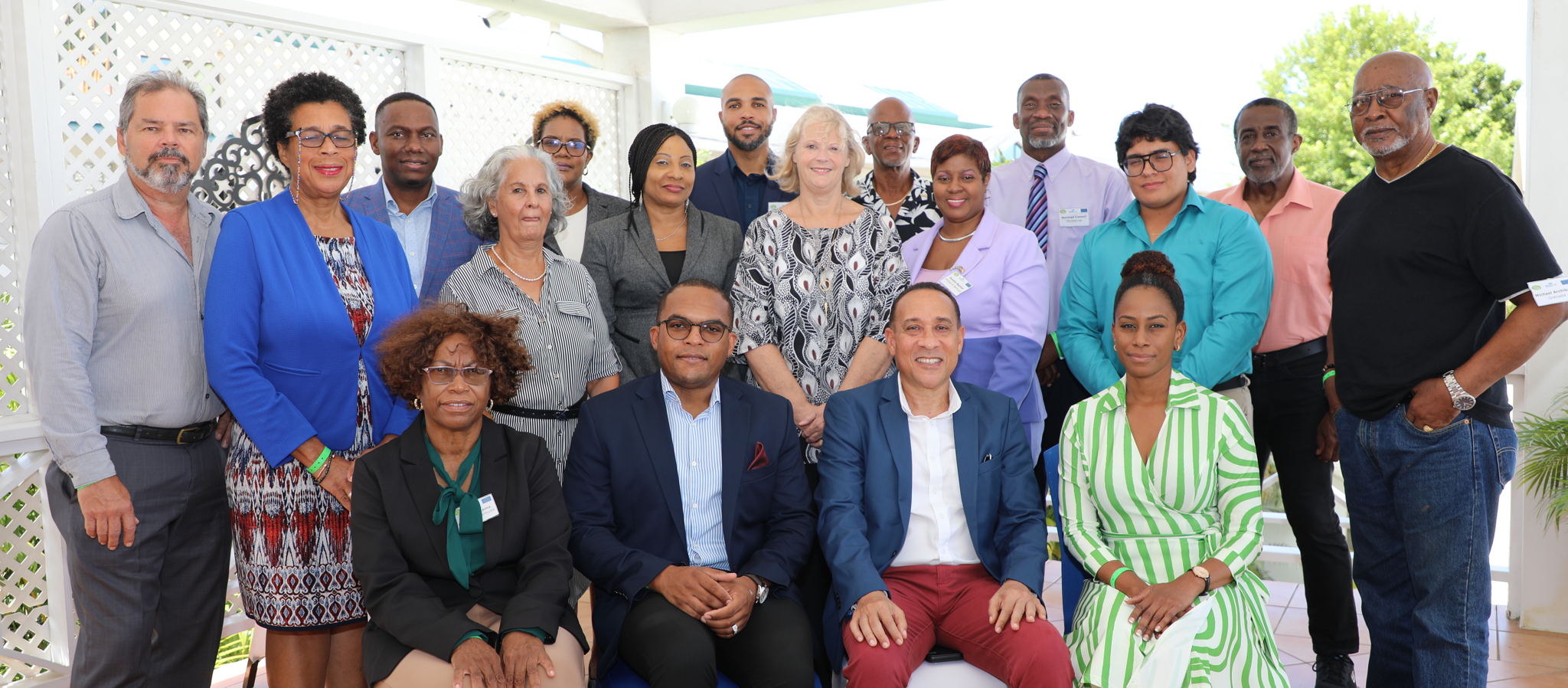Strengthening the OECS Private Sector: OBC Executives Undergo Key Training in Saint Lucia
OECS Media Release
The Organisation of Eastern Caribbean States (OECS) Business Council (OBC) is set to enhance its advocacy for the private sector in the Eastern Caribbean. This initiative is part of the ongoing project titled “The Revitalisation and Sustainability of the OECS Business Council,” funded under the OECS - European Union Regional Integration through Growth, Harmonisation, and Technology (RIGHT) Programme.
Since its establishment in July 2015, the OBC has aimed to provide a unified voice for businesses across the region, addressing the challenges and opportunities they face. However, the OBC has grappled with obstacles such as a lack of sustainable technical support and the need for a more cohesive representation of private sector interests. To tackle these issues, the OBC is focusing on strengthening institutional arrangements for effective private-sector engagement.
From October 14 to 16, 2024, members of the OBC participated in training focused on two critical areas: Strategy Delivery Measurement: Aligning for Performance, and Governance Training. These sessions were aimed at equipping OBC executives with essential skills to improve service delivery and governance. The trainer was Penelope Hurndell, a Senior Programme Officer - Institutions and Ecosystems at the International Trade Centre (ITC).
Mr. Gordon Charles, the current chairperson of the OBC, said at the beginning of the training,
“I hope the outcome of the three days will help all of us understand that there is a definite place in the regional hierarchical structure of the private sector for the OECS Business Council, especially when we can launch our digital platform. If this is run properly and strategically, I think there is a very real opportunity for us to be able to ensure that our private sector has very effective representation at OECS heads [of government meetings] and across the region.”
The three-day training included interactive workshops designed to address the specific needs of the OBC. Participants learned about developing effective leadership action plans, enhancing governance practices, and fostering accountability within the Council.
The OBC has long recognised the need for stronger collaboration among business support organisations to create a competitive economic environment in the OECS. By improving its governance structure and aligning its performance metrics, the Council aims to enhance its capacity to advocate for the private sector in policy-making. The training was designed to strengthen the Council’s processes, enabling it to better serve the diverse interests of the regional private sector.
Participants benefitted from tools and advice to support private sector institutions' managerial, and operational performance. They also exchanged best practices on change leadership, strategy, client management, business support services, and results management
Joel Richards, Officer in Charge of the Economic Affairs and Regional Integration Division at the OECS Commission remarked on the workshop,
"For the OECS Commission, our collaboration with the private sector is essential because much of what we do in the context of the economic union...actually has a direct bearing on the private sector. What I've seen [the OBC] engage in this week are really robust conversations around how they can be better organised institutionally in terms of having proper governance structures in place."
The OBC will launch its virtual secretariat in November 2024, more information about this will be in the OECS pressroom. This activity by the OECS Commission was funded by the 11th European Development Fund Regional Integration Through Growth Harmonisation and Technology (RIGHT) programme.
Claudia Mc Dowell
OECS Communications Unit








